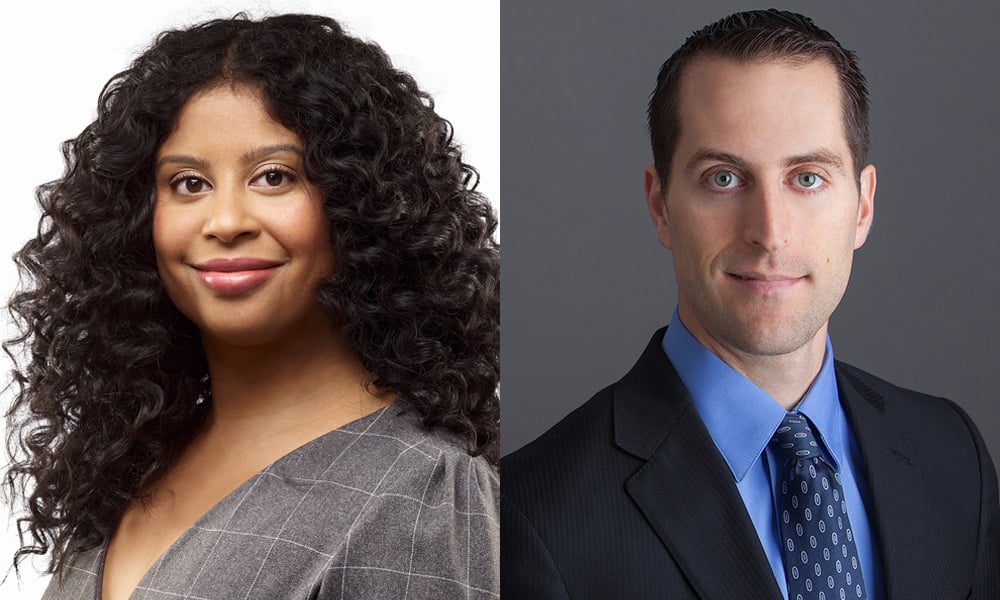
Bencher behind proposal argues the measure is one of ‘intergenerational equity’

A new motion before the Law Society of Ontario would have licensees who have practised under five years and are currently not practising or providing legal services pay 10 per cent of the annual fee
The Law Society recently removed the annual fee exemption for lawyers over the age of 65 and no longer practising law or providing legal services. Those lawyers now must pay 10 per cent of the annual fee: $187. A motion to half that percentage, debated and voted on at Convocation on Nov. 27, failed. Lawyers below the age of 65, who are not practising law, pay 25 per cent of their annual fee.
“This is all about intergenerational equity,” says Bencher Atrisha Lewis, who served the motion.
New calls carry heavy law-school debt-loads, COVID-19 has made finding articling and full-time positions more difficult and, unlike those over age 65, surrendering their license to not incur the fee is not a viable option for young lawyers, says Lewis, who is a senior associate in McCarthy Tétrault LLP’s litigation group and practises in Toronto.
“The idea is to provide an evenness. So other categories of licensees, who are equally – if not more – vulnerable than the over-65 group, get the same benefits,” she says. “You're going through a lot of financial hardship, and haven't yet had time to earn any money… That makes the under five-year call crowd, I think, particularly vulnerable, and particularly in need of this relief.”
The motion will be debated and voted on at the next Convocation. Also included in the motion is a proposal that licensees on parental leave who are not practising law or providing legal services also pay ten per cent the annual fee.
The difficulty currently being experienced by young lawyers is apparent to Michael Lesage, who seconded Lewis’ motion, because of the number of young lawyers who call him and request to work for his office for free.
“There's a huge number of law grads, relatively speaking, and there are very limited job opportunities for them, which has been much, much aggravated by the pandemic,” he says. “… I tend to liken it to musical chairs. Five people play the game, but there's only chairs for three of them.”
“Despite operating a very small firm, I'll hear from multiple younger lawyers a month, just looking for something – anything – to try to get their foot in the door of the of the legal industry,” he says.
Last Convocation, the Law Society passed its 2021 budget, which included an across-the-board reduction in annual fees. Lawyers will owe $193 less and pay $1,873. Paralegals had their fees reduced by $42 to $964.
The Law Society also passed a COVID-19 response fund. lawyers and paralegals will be able to apply to defer their 2021 fees to 2022. Eligible for the deferral are those with sole practises or firms with two-to-five licensees, who have seen a gross revenue drop of more than 50 per cent in 2020 compared to 2019, bringing their total gross revenue – per licensee – to under $50,000. Those sole practices or firms must have been licensed in 2018 or earlier. Also eligible are licensees first licensed sometime from 2019 to 2021, whose gross income from all sources is less than $50,000. Several Benchers said they believed the Law Society’s efforts to help lawyers and paralegals struggling due to the pandemic did not go far enough.